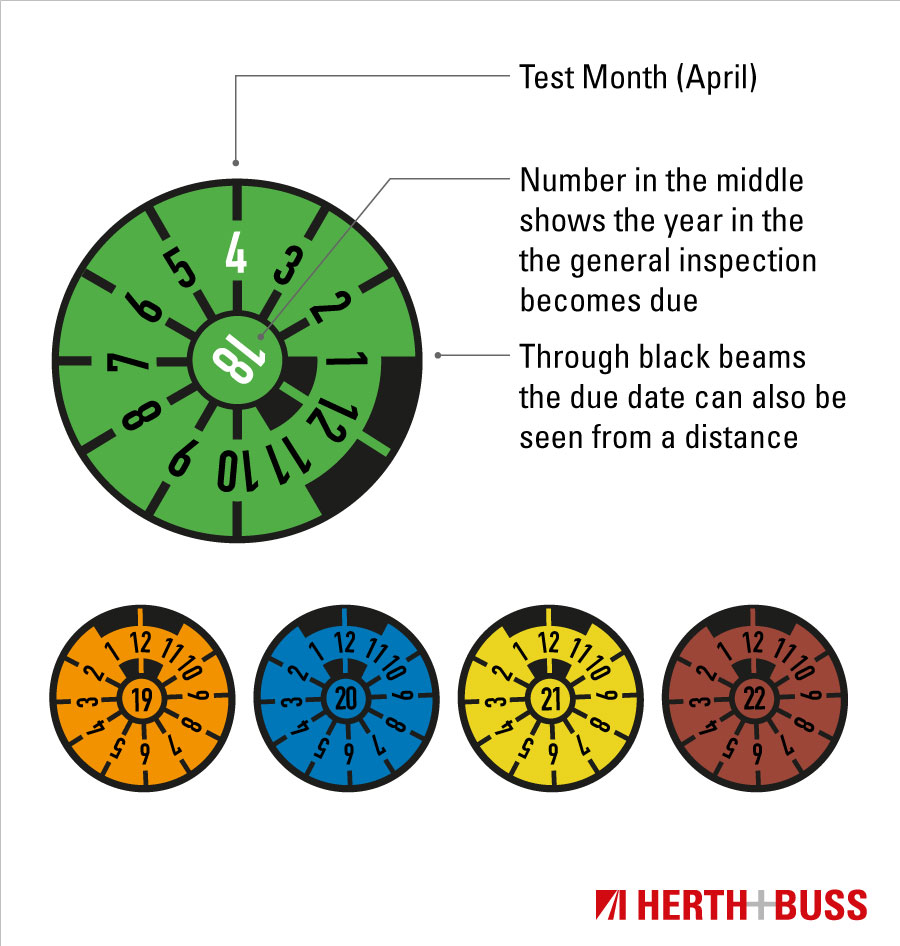Every year there are a number of changes to the laws affecting drivers. But what are the consequences, or rather, what benefits can garages derive from them? To give you a brief overview and to ensure you head off into the new year 2019 well prepared, we would now like to inform you in this blog about the most important changes.
Driving ban on diesel vehicles
A topic that has been occupying us for some time and has also been discussed in detail in the media and by politicians – the driving ban on diesel vehicles. What is the current status?
In the first cities announcing the prohibition, the diesel ban has already been introduced, for example in Hamburg, and since 1 January 2019 Stuttgart as well, although in there the regulation initially only applies to drivers living out of town. But from April it will also affect the inhabitants of Stuttgart. And things aren't stopping there: other cities are bringing in driving bans during 2019. Cologne and Bonn are set to follow in April, Berlin probably in June, and then Essen and Gelsenkirchen in July. Darmstadt is also planning a ban from the middle of 2019. And that's not all in our region: Mainz may well introduce a driving ban from 1 September while Frankfurt too is debating a prohibition on diesel vehicles.
But what does this now mean for car drivers and garages? The German government has presented measures to avoid the driving ban on diesel vehicles. Here we are talking about retrofitting hardware, e.g. on older diesel vehicles that fail to meet the Euro 6 standard. There is however no permit here. What we are heading for isn't therefore clear in many regards. Whether garages stand to benefit and if so, to what extent is equally unclear. This also applies to any exemptions. The fact is that the first bans on diesel vehicles has been decided, and others will most likely follow.
Bye, bye green badge
Have you still got a green general inspection badge on your number plate? You don't know? Then quick, go outside and have a look! If you've still got a green one, you should have a general inspection (HU) done as soon as possible or you might be fined.
Did you know that the badge exists in six different colours: blue, yellow, brown, pink, green and orange? The colour changes every year, in the order given above. This makes it easier for law enforcement officers to tell whether you have failed to have a general inspection done. And the 2-month slot in which the inspection is due is clearly indicated by the two bars around the badge – and can also be seen some distance away.
Customers will undoubtedly be grateful to staff at a garage who point out they have missed a general inspection.
New registration now also possible online
Long periods spent queueing at the registration centre will hopefully soon become history! In the near future registering and re-registering vehicles will be possible online. The relevant regulation has already been drawn up and now only needs to be passed by the German Bundesrat. But how is online registration supposed to work? It is essential to have a German ID card with an activated online function. Either a suitable reader or a free app for reading the ID card is also required here. Following successful submission of an application, the identifying badges and the vehicle licence certificate will then be sent out to the applicant.
Filled up with the wrong fuel?
It's perhaps happened to you. You unthinkingly grab the nozzle to fill up and you've accidentally chosen petrol instead of diesel? To prevent this from happening as far as possible, standardised markings are being introduced for fuel this year. They take the form of round symbols with an E for grades of petrol, square symbols with a B for grades of diesel and symbols in the shape of a diamond for gaseous fuels. These markings must be displayed on the pump nozzle and the tank caps of new vehicles. This means that in future you shouldn't have any more problems with filling up the car, even when in another EU country.
Electric cars with sound
Barely louder than a cat purring. It's easy not to notice an electric car coming up behind you. To safeguard pedestrians and other road users, from July all electric vehicles are to be equipped with an Acoustic Vehicle Alerting System or AVAS. This means that vehicles travelling at a speed of less than 20 km/h will emit sound. This will then be silenced when going faster so only the sound of the tyres on the carriageway will be heard.


